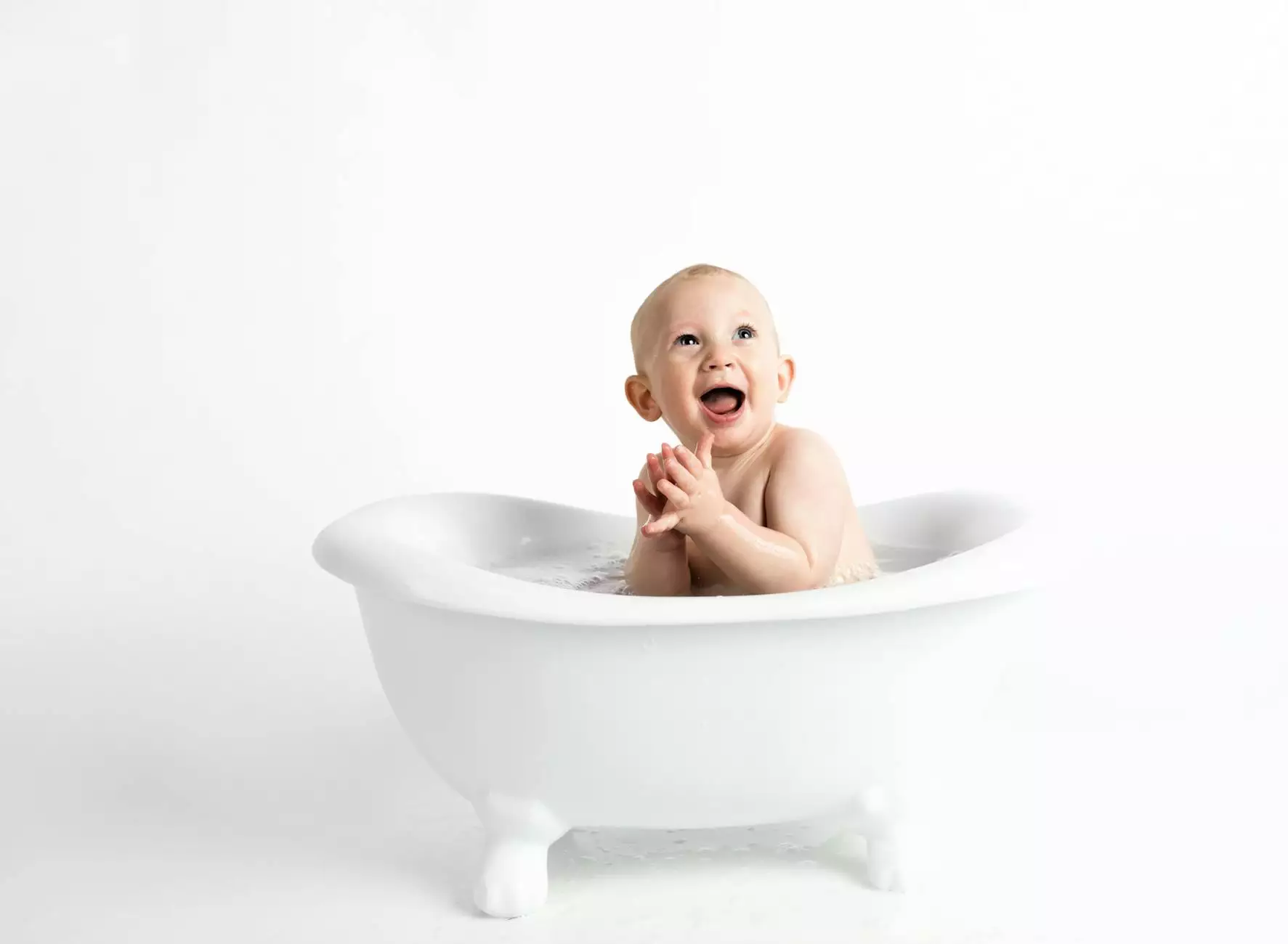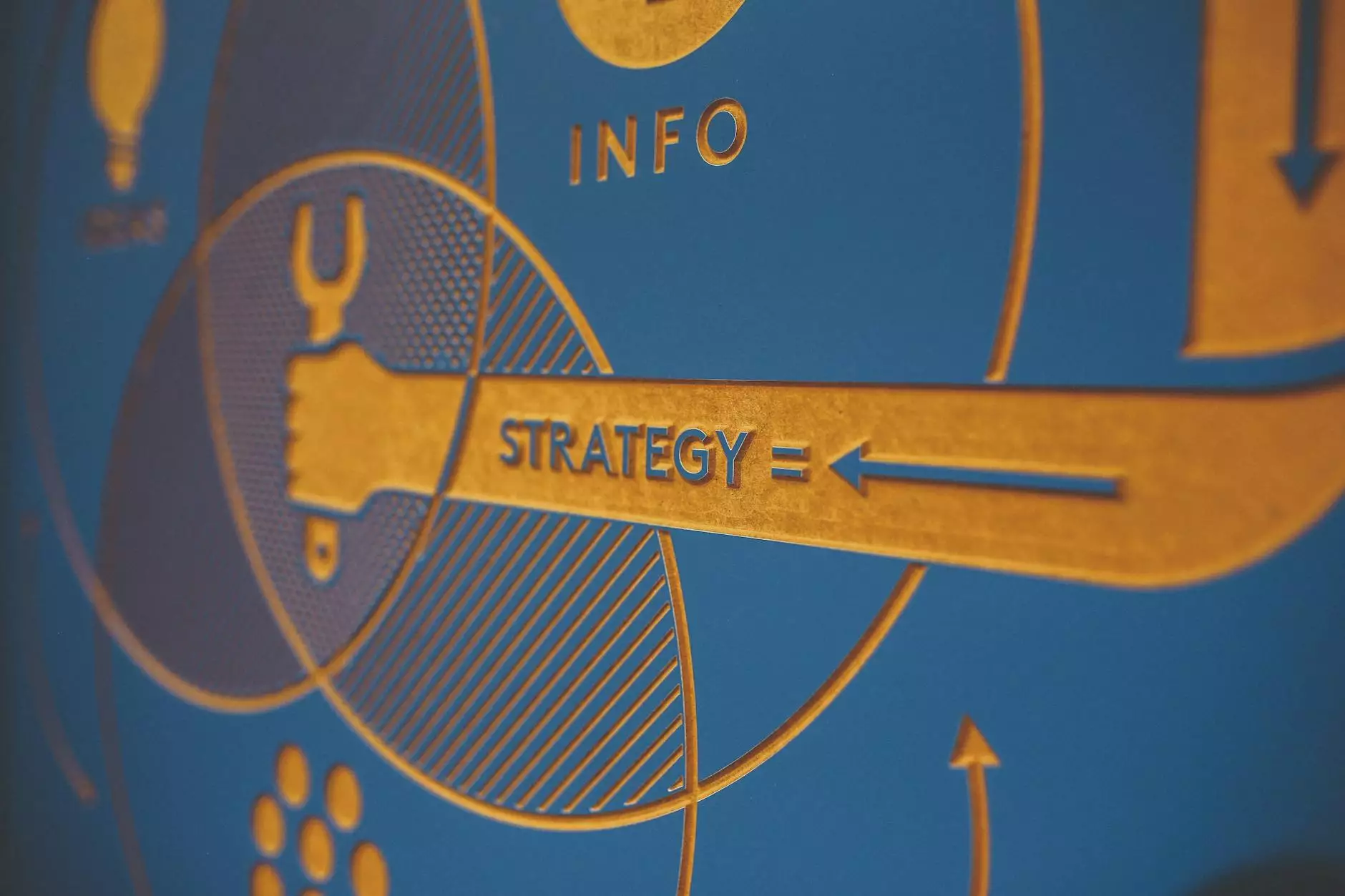Manufacturing Cleaning Products

In today's world, cleanliness and hygiene are more critical than ever, driving a booming industry in the manufacturing of cleaning products. This article delves into the intricate processes involved in this industry, the importance of high-quality products, and how businesses like bimakskimya.com.tr stand out by providing exceptional services in water purification, water supply, and cleaning solutions.
Understanding the Cleaning Products Industry
The cleaning products industry encompasses a wide variety of items designed to cleanse surfaces, sanitize environments, and promote health and safety. As the demand for cleaner spaces continues to rise, the need for innovative and effective cleaning solutions has paved the way for extensive manufacturing processes.
Types of Cleaning Products
There are numerous types of cleaning products in the market, each designed for a specific purpose. Here’s a brief overview:
- Surface Cleaners: These include all-purpose cleaners, glass cleaners, and disinfecting wipes.
- Floor Cleaners: Products specifically formulated for wood, tile, and carpet.
- Kitchen Cleaners: Degreasers and sanitizers tailored for kitchen surfaces and equipment.
- Bathroom Cleaners: Products designed to tackle mold, mildew, and soap scum.
- Industrial Cleaners: Heavy-duty options for factories and large facilities.
The Manufacturing Process of Cleaning Products
The process of manufacturing cleaning products involves several crucial steps to ensure safety, efficacy, and marketability. Here’s a breakdown:
1. Research and Development
Before any product hits the market, extensive research and development (R&D) is conducted. This phase includes:
- Identifying Market Needs: Understanding consumer demands and trends.
- Formulation Development: Creating effective formulas that safely clean and disinfect.
- Safety Testing: Ensuring the product is safe for both users and the environment.
2. Sourcing Raw Materials
Quality raw materials are essential in the production of cleaning products. These materials include surfactants, solvents, fragrances, and active antimicrobial agents. Choosing sustainable and eco-friendly materials not only enhances product performance but also contributes to environmental conservation.
3. Production
The actual manufacturing process incorporates various methods, including:
- Mixing: Combining the active ingredients in precise formulations.
- Filling: Bottling or packaging the finished products under sterile conditions.
- Quality Control: Constant testing throughout the production process to ensure consistency and quality.
4. Packaging and Labeling
Packaging serves both practical and marketing purposes. It protects the product and provides essential information to consumers. Labels often include:
- Usage Instructions
- Safety Warnings
- Ingredients List
- Environmental Impact Information
5. Distribution
Once manufactured, the cleaning products must be distributed to various retailers, online platforms, and direct consumers. Strategic distribution channels enable businesses to reach a broader customer base.
The Impact of Cleanliness on Health and Safety
With the ongoing global emphasis on health, maintaining cleanliness in all environments—be it homes, offices, or public spaces—is crucial. Effective cleaning products contribute significantly to:
- Infection Control: Reducing the spread of germs, particularly in hospitals and schools.
- Allergen Reduction: Minimizing dust, mold, and other allergens in living spaces.
- Enhanced Well-Being: Clean environments promote better mental health and productivity.
Sustainable Practices in the Manufacturing of Cleaning Products
As the world becomes increasingly aware of environmental issues, the cleaning products industry is evolving. Sustainable practices include:
1. Eco-Friendly Ingredients
Manufacturers are shifting towards biodegradable and non-toxic ingredients to create products that are less harmful to the environment.
2. Recyclable Packaging
Using recyclable materials for packaging minimizes waste and supports a circular economy.
3. Energy Efficiency
Optimizing production processes to reduce energy consumption is another step toward sustainability in manufacturing.
Why Choose bimakskimya.com.tr for Your Cleaning Product Needs
At bimakskimya.com.tr, we pride ourselves on our commitment to quality and sustainability in the manufacturing of cleaning products. Our dedication extends beyond just creating effective cleaners; we are also focused on:
1. Comprehensive Water Purification Services
We offer superior water purification services that ensure you have access to clean, safe water, a crucial element in any cleaning process.
2. Reliable Water Supply
Our dependable water supply service guarantees that your cleaning operations remain uninterrupted by ensuring consistent access to high-quality water.
3. Expert Consultation and Support
With our knowledgeable team, we provide expert advice on the best cleaning products suitable for your specific needs, ensuring you achieve optimal cleanliness and hygiene.
The Future of Manufacturing Cleaning Products
Looking forward, the manufacturing of cleaning products is set to undergo remarkable innovations. Here are a few predictions:
- Technological Advancements: The incorporation of IoT (Internet of Things) for smart cleaning solutions.
- Personalization: Tailoring products to meet specific consumer needs and preferences.
- Continued Focus on Sustainability: A deeper commitment to eco-friendly practices and materials.
Conclusion
The manufacturing of cleaning products is a dynamic and essential industry poised for growth and innovation. Companies like bimakskimya.com.tr are at the forefront, providing high-quality cleaning solutions alongside vital services like water purification and supply. As the focus on health, hygiene, and sustainability continues to evolve, investing in these products and services is not just smart; it’s essential for a cleaner, healthier future.








